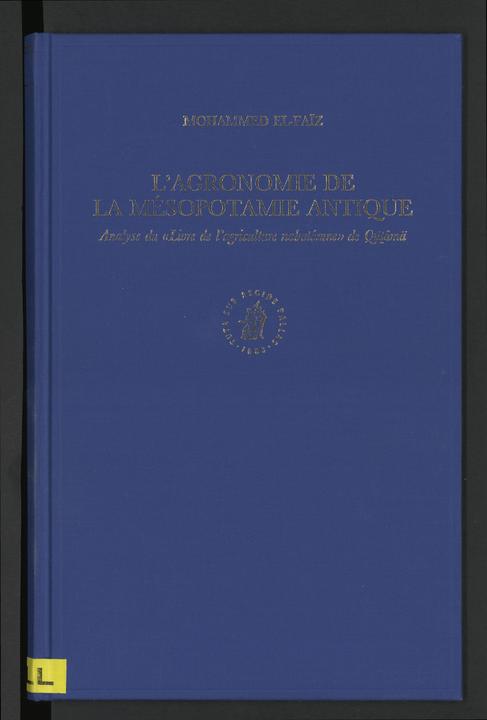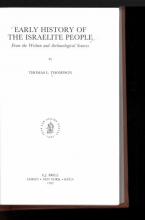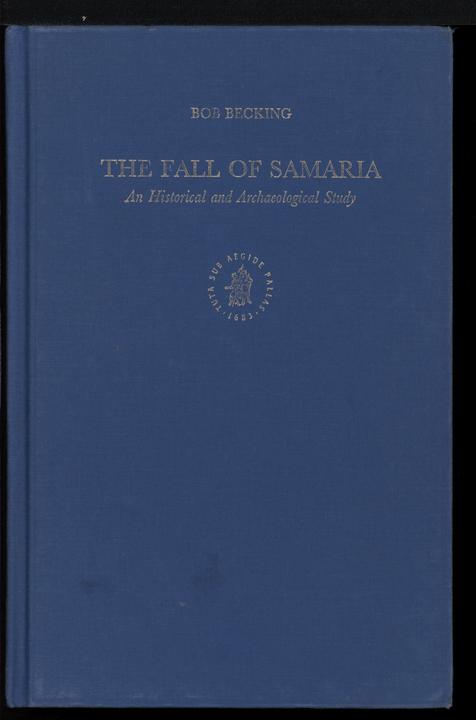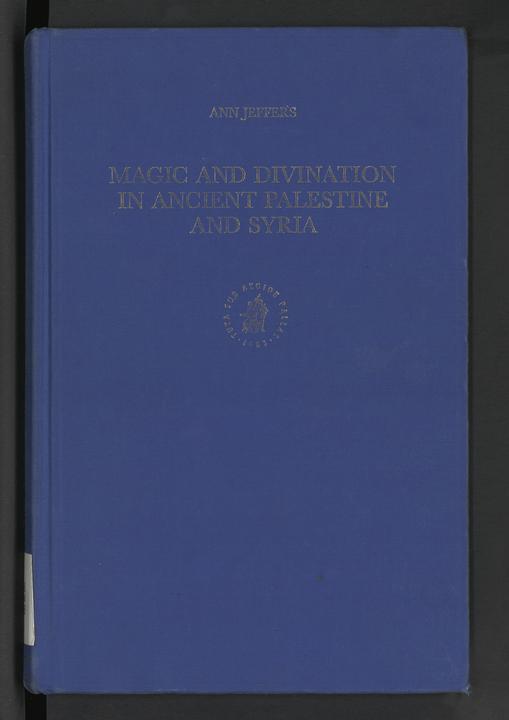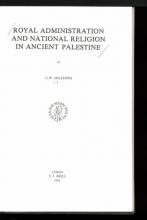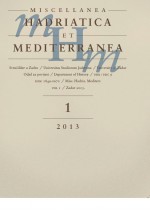[First posted in AWOL 20 September 2013, updated 25 February 2020]
THIASOS: Rivista di archeologia e architettura antica - Journal of archaeology and ancient architecture
ISSN: 2279-7297
THIASOS: Rivista di archeologia e architettura antica - Journal of archaeology and ancient architecture
ISSN: 2279-7297
Thiasos è un’iniziativa editoriale on-line, collegata alla pubblicazione di volumi monografici, in formato digitale e cartaceo, per i tipi della Quasar Edizioni. Si tratta di un progetto volto a incrementare e migliorare il dialogo sui temi di ricerca delle culture antiche, nella consapevolezza della loro attualità.La partecipazione si intende aperta a tutti coloro che intendono collaborare con contributi scientifici, proposte, informazioni, secondo gli schemi dell’implementazione libera e collettiva degli spazi della rete, da condividere non solo come fruitori. L’unico filtro ritenuto necessario è quello della qualità scientifica e dell’impegno, che vengono valutati dal comitato scientifico in prima istanza e poi da referee esterni, italiani e stranieri, sia per i testi a stampa che per quelli presentati on-line...Thiasos is an on-line editorial initiative, connected to the publication of monographs, edited both in electronic and paper version, for Quasar Publisher. The project aims to increase and to improve the discussion concerning scientific research on ancient cultures, that are still nowadays a topical subject.Participation is open to everyone wishing to contribute with scientific papers, proposals, information, in accordance with the free and collective implementation schemes of on-line spaces, to be used not only as beneficiaries. The sole participation criteria are scientific quality and commitment, that are evaluated firstly by the scientific committee and subsequently by external referees, Italian and foreign ones, with regard both to paper version and on-line version texts.
V. Santoro, Il Santuario ellenistico romano di Agrigento: ragioni, principi e metodi per una proposta di anastilosi, pp. 3-20;
P. Baronio, Note per la ricostruzione del portico a sigma della basilica episcopale di Parthicopolis (Sandanski, Bulgaria), pp. 21-44;
R. Brancato, Paesaggio rurale ed economia in età ellenistica nel territorio di Catania (Sicilia orientale), pp. 45-75;
Biblioteca virtuale
.
è un repertorio di edizioni rare o di difficile reperimento, relativo alle tematiche della rivista.
- B.M. Apollonj, Il Foro e la Basilica Severiana di Leptis Magna
- H. Balducci,Basiliche protocristiane e bizantine a Coo (Egeo)
- R. Bartoccini, La Curia di Sabratha
- G. Caputo, Sculture dallo scavo a sud del Foro di di Sabratha (1940-1942)
- G. Caputo, Spigolature architettoniche leptitane, II. Tradizione ellenistica ed innovazione architettonica romana
- G.Guidi, Fasti di Roma e archi trionfali in Tripolitania
- G.Guidi, Di Patrii-Dis Auspicibus. Gli dei patrii di Settimio Severo, in Tripolitania
- Ι.Δ. Κοντης, Αι ελληνιστικαί διαμορφώσεις του Ασκληπιείου της Κω
- Ι.Δ. Κοντης, Τἀ ἀρχαῖα τείχη τῆς Ρόδου
- L.Laurenzi, Nuovi contributi alla topografia storico archeologica di Coo
- A. Merlin, Forum et maisons d’Althiburos
- L.T. Shoe, Greek mouldings of Kos and Rhodes
See AWOL's full List of Open Access Journals in Ancient Studies

